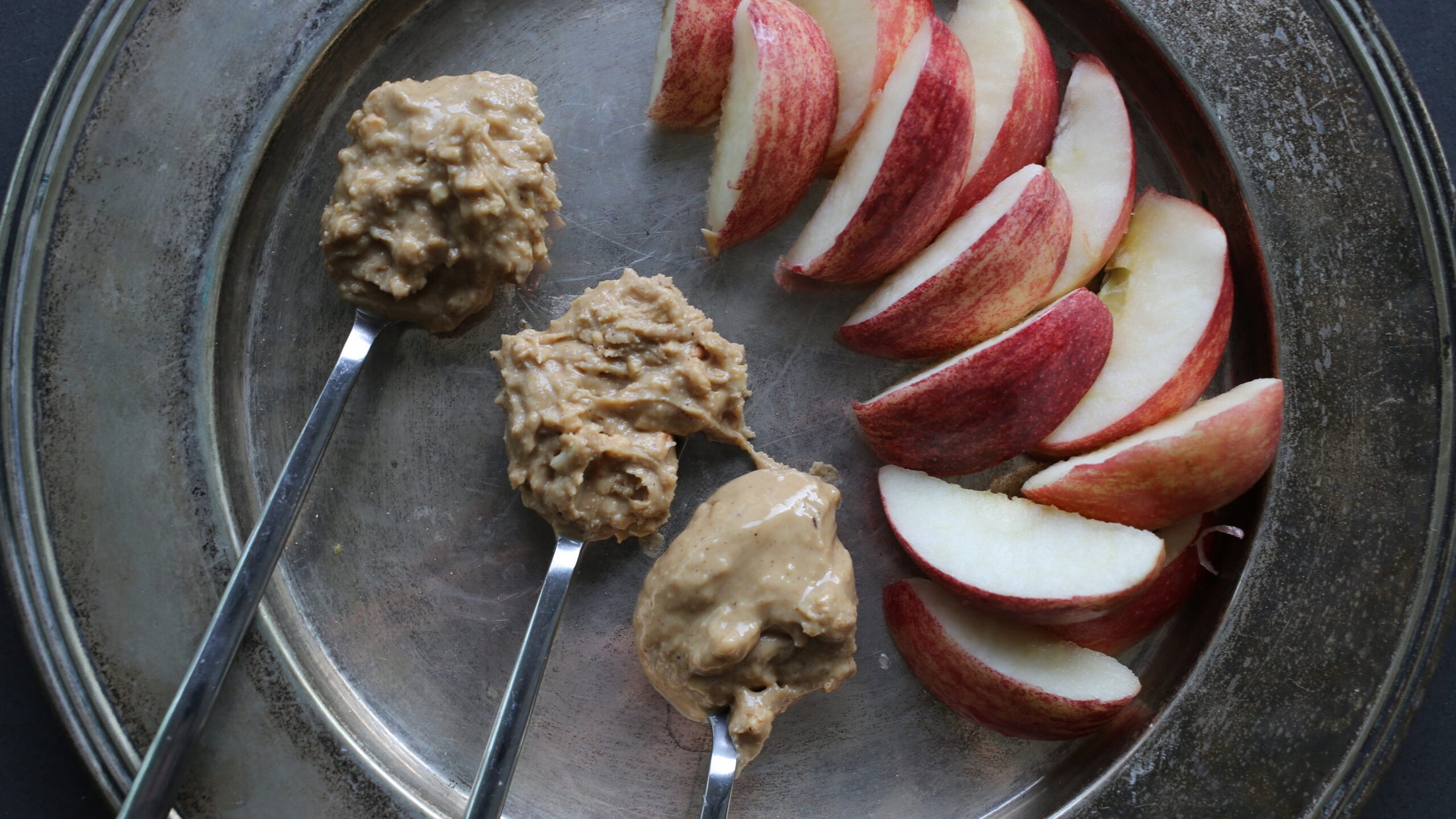- Insulin is a hormone made and released by the pancreas, an organ or gland that is part of your endocrine system.
- Your blood sugar (glucose) level needs to remain within a relatively narrow range to avoid an overload. When it rises as a result of consuming foods full of sugar, white flour/pastries/processed breads/fizzy drinks/sweets etc and other quickly metabolising carbohydrates, the pancreas receives a signal to produce insulin to carry glucose to the cells.
- Insulin promotes the storage of nutrients and simultaneously blocks the breakdown (metabolism) of protein, fat and carbohydrate in the body. When the insulin level rises, it puts the brakes on burning fat for fuel and simultaneously encourages fat storage.
Hunger is the main motivation behind snacking, but factors like location, our feelings, social environment, time of day and food availability contribute as well. In fact, people often snack when there is appetising food around, even if they’re not hungry.
Although it's believed that it’s necessary to snack frequently to maintain stable blood sugar levels throughout the day, this isn’t always the case. In fact, a 2014 study in people with type 2 diabetes found that eating only two large meals per day resulted in lower fasting blood sugar levels, better insulin sensitivity and greater weight loss than eating six times per day. Other studies have reported no difference in blood sugar levels when the same amount of food was consumed as meals or meals plus snacks.
The type of snack and amount consumed of course are the main factors that affect blood sugar levels. Lower-carb, higher-fibre snacks have consistently been shown to have a more favourable effect on blood sugar and insulin levels than high-carb snacks in people. In addition, snacks with a high protein content may improve blood sugar control.
Some people are very sensitive to their blood sugar levels – with drops causing everything from irritability, moodiness, brain fog, and lack of focus to fatigue and overeating later in the day! My advice is don't eat unless you are HUNGRY, snack smart! If you need a mid-morning snack, 11am is a good time to enjoy a low sugar fruit like berries, paired with a small handful of raw nuts. Some other great options are slices of apple with a 1 tbsp of almond butter or some raw carrot sticks with hummus or another protein rich bean dip.
Here are some of my favourite afternoon snack ideas if I’m feeling extra hungry:
- A protein smoothie without fruit
- Greek Yoghurt, sweetened with cinnamon
- A boiled egg
- Celery filled with almond butter
- Oat cakes, almond butter and sliced pear
One last tip: try to make sure you have protein coupled with a good fat (avocado, raw nuts, tahini, good-quality olive oil) at lunch – this helps stay satiated and full – fending off afternoon snacking, cravings and overeating before dinner.





